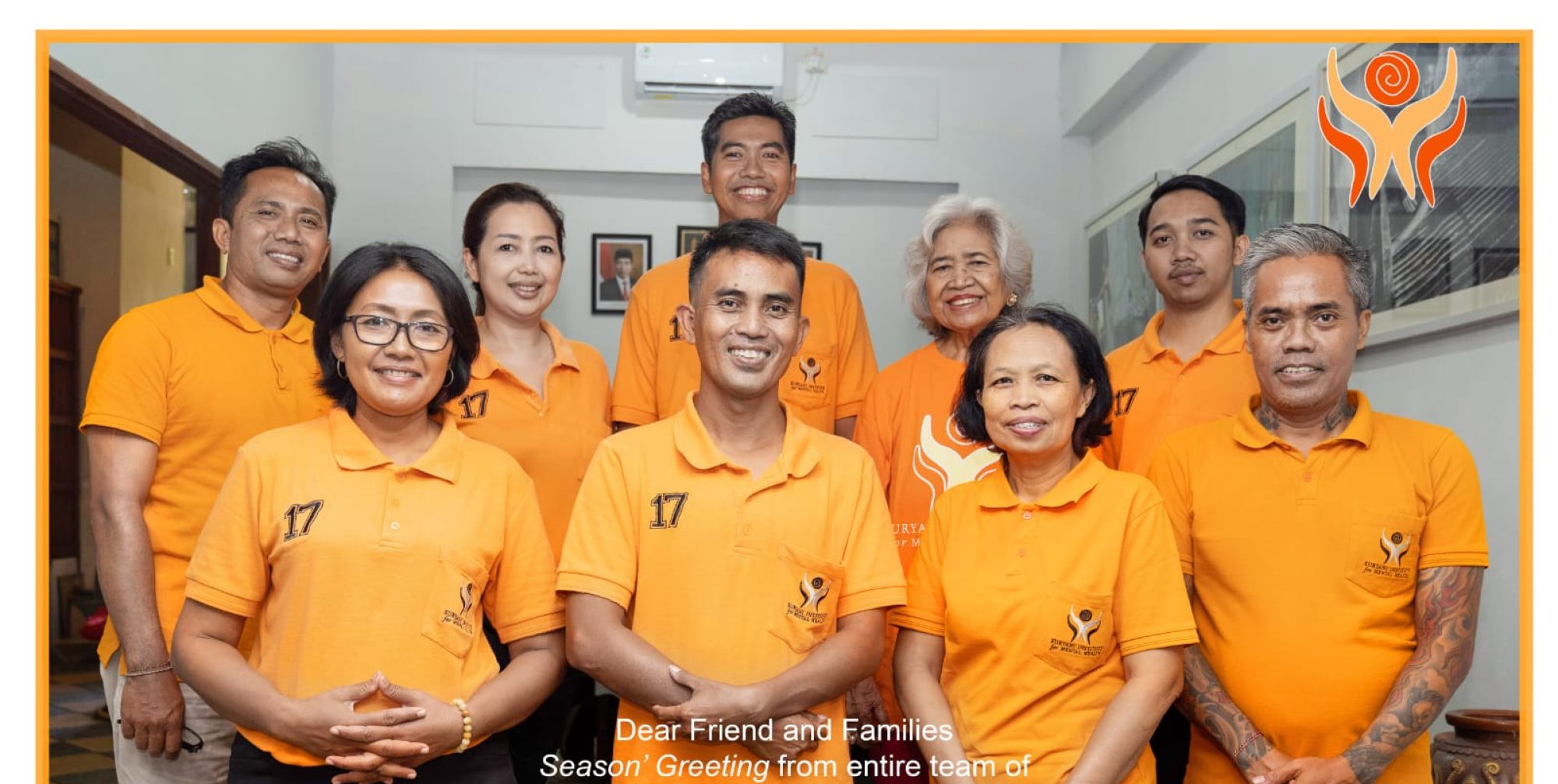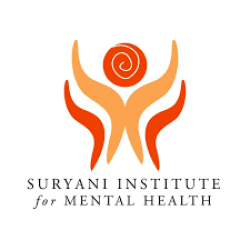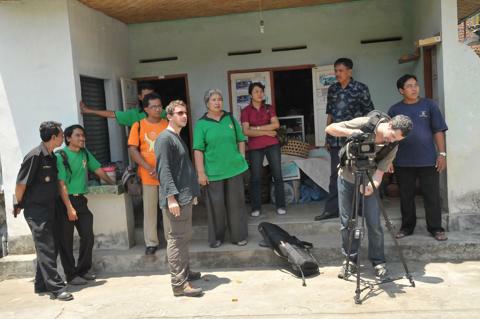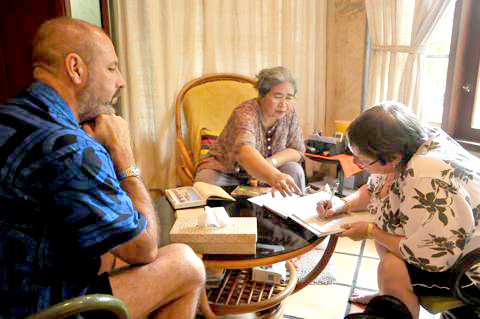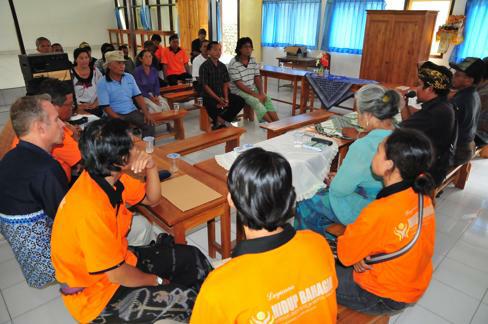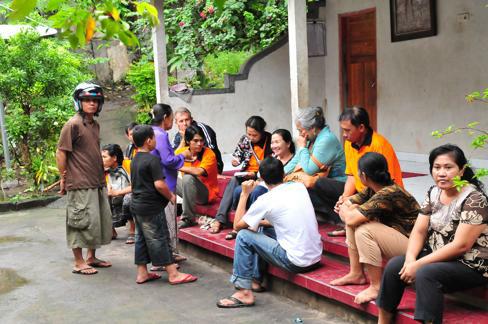One by one, attention from foreign journalist come across the globe to help bring awareness for mental illness in Bali. “I can’t promise anything but only hope that the news will spread up quickly and wider”, said Marek Lenarcik as the freelance journalist for The Washington Times during his visit with the agent Orange in the north part of Bali. Inadequate mental health system support and insufficient hospital-based interventions leave many patients in restrain or untreated. Outreach services have not been nationally promoted as a means of improving access and mental health outcomes.
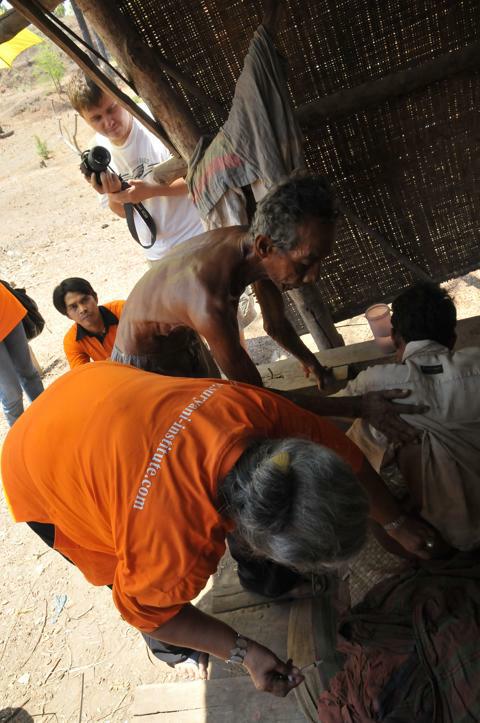
“We have to work hard not just for the patients but also to make the policy maker think about the reality in this island that many people still suffering from chronic mental disorders”, said Professor Suryani as the founder of Suryani Institute for Mental Health.
